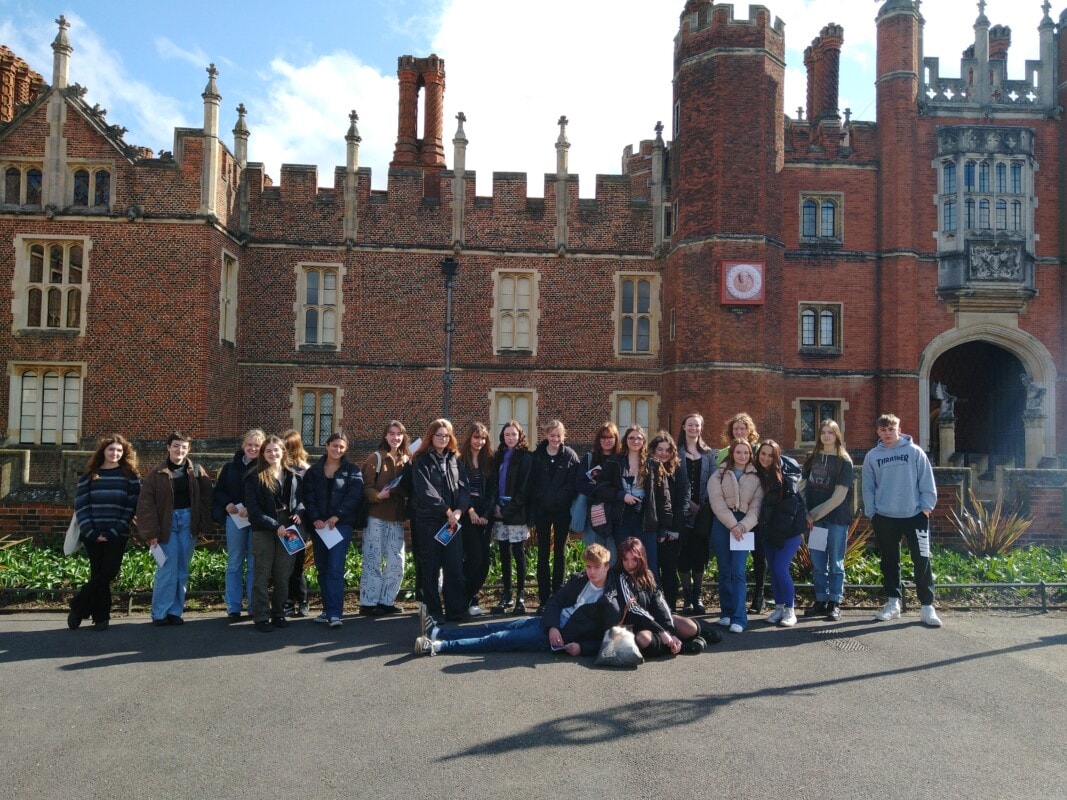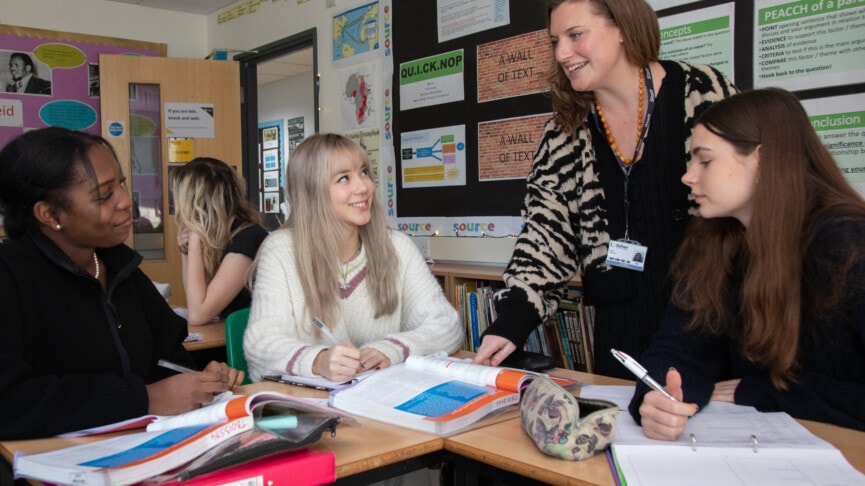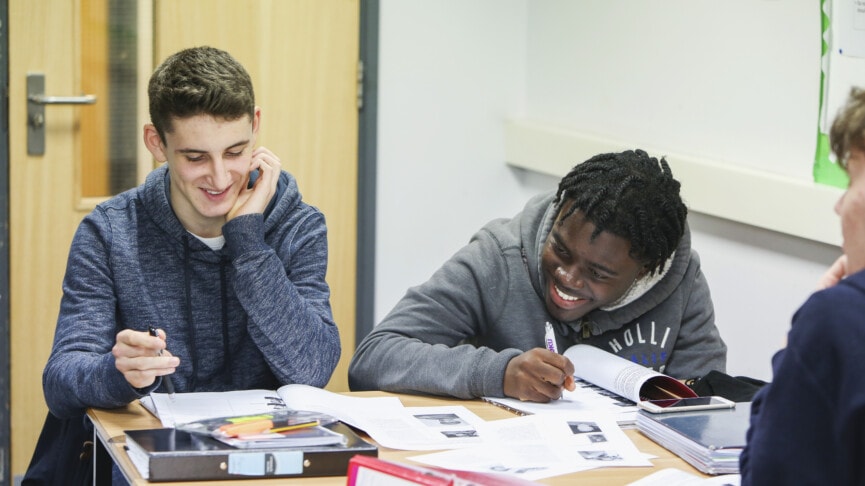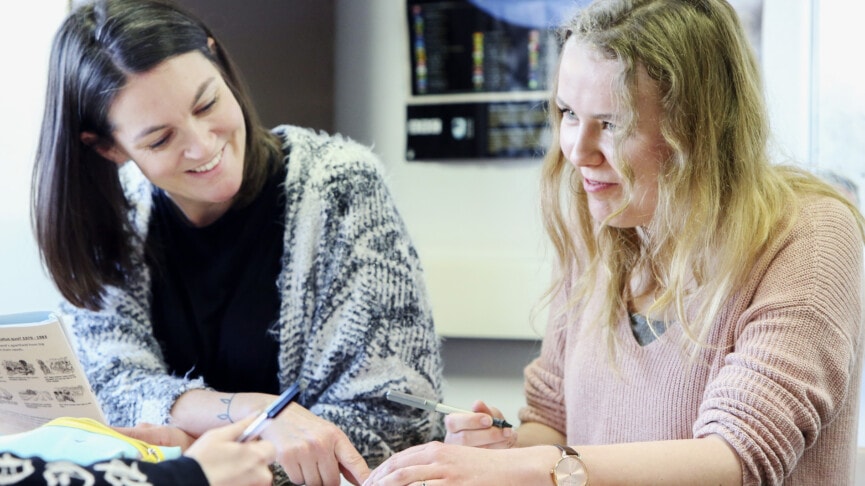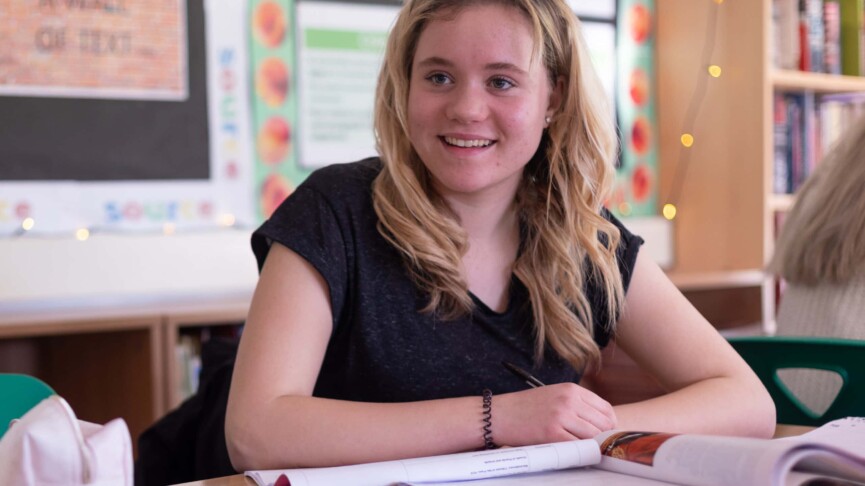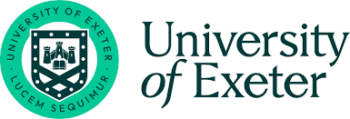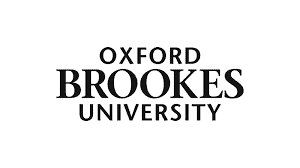Overview
At Esher, we offer three separate A Level History courses, all with the exam board Pearson (Edexcel):
- Communist States In The Twentieth Century: Dictators and Imperialists (Route E)
- Searching For Rights And Freedoms In The Twentieth Century: Oppression and Equality (Route F)
- Religion And The State In Early Modern Europe: Power and Belief (Route B)
The only thing you have to do is decide which one interests you the most.
Entry Requirements
In addition to the College’s standard entry requirements you will need to achieve a minimum of:
- Grade 4 or above in GCSE English Language
- Grade 4 in GCSE History
You may still be accepted if you did not study History for GCSE provided you can show evidence of good academic achievement in other subjects.
Course Details
History A Level: Dictators and Imperialists (Route E) Communist States In The Twentieth Century
This course is for students who want to study the big hitters from the 20th Century – Lenin, Stalin, Yeltsin, Gorbachev and Mao – with a focus on Nazi Germany as your coursework in the second year.
What will I study?
In the first year the topic ‘Russia, 1917–1991: from Lenin to Yeltsin’ covers Lenin, Stalin and other communist leaders until the fall of Communism. You will also look in depth at ‘Mao’s China, 1949–1976’, his consolidation of his power, the Great Leap Forward and the Cultural Revolution. For coursework you will research interpretations on the popularity of Hitler and Nazi Germany.
In the second year you will explore ‘Britain: losing and gaining an empire, 1763–1914’ which includes the American War of Independence, the birth of British Australia, the Indian Rebellion, the results of the First Opium War, the scramble for Africa and British naval superiority.
History A Level: Oppression and Equality (Route F) Searching For Rights And Freedoms In The Twentieth Century
This course focuses on social and human rights, particularly on race inequality and the fight against white supremacy in America and South Africa. In your second year, your coursework will focus on the abolition of the slave trade in Britain.
What will I study?
In the first year you will study ‘In search of the American Dream: the USA, c.1917–96’, which includes the role of the Presidents, including Kennedy, Nixon and Watergate, the ‘Red Scares’ and anti-communism, black American civil rights, Native American and Hispanic American civil rights, the gay rights movement, the changing position of women and influence of popular culture and media. You will also look in depth at ‘South Africa, 1948-1994, apartheid state to rainbow nation’, life in apartheid era South Africa, resistance to apartheid and the ANC, growing radicalisation against the government, Black Consciousness and Steve Biko, the Soweto Uprising, international boycotts, and the work of De Klerk and Mandela in ending apartheid. For coursework you will research interpretations of the reasons for the abolition of the Slave Trade in Britain in 1807.
In the second year you will explore ‘Britain: Losing And Gaining An Empire, 1763–1914,’ which includes the American War of Independance, the birth of British Australia, the Indian Rebellion, the results of the First Opium War, the scramble for Africa, and British naval superiority.
History A Level: Power and Belief (Route B) Religion And The State In Early Modern EuropeThis course builds on the Tudor Monarchs up to Queen Elizabeth I, while also studying the persecution of women for being conceived as witches. In your second year, your coursework will look at the different interpretations of Oliver Cromwell.
What will I study?
In the first year you will study the increase in power of Henry VIII and the actions to maintain control through the reigns of Edward VI, Mary I and Elizabeth I in the face of changes in society and significant Tudor rebellions. You will also look in depth at the struggles of the Emperor Charles V to stamp out the threat of Lutheranism that divided Germany, whilst dealing with the fear of invasion by the Ottoman Turks. You will investigate the economic, political and social impact of religious changes in England and Europe.
In the second year you will study the witch craze in Britain, Europe and North America, c.1580–c.1750, considering the reasons for belief in witches and the nature of witchcraft accusations as well as the growth of scepticism due to scientific discoveries and frauds that caused people to question long held fears. For coursework you will research different interpretations of Oliver Cromwell, who ruled as Lord Protector from 1653 to 1658 after the execution of King Charles I.
Assessment
Assessment is 80% by examination and 20% coursework. The coursework is written in the second year. The three exam papers consist of extended writing in the form of full essay responses, source analysis and historical interpretation.
Subject Combinations
History A Level teaches you valuable analytic and research skills as well as how to structure arguments effectively and intelligently. It is one of the most flexible A Levels that combines well with most subjects and it is highly valued by universities and employers for its strong academic base.
Thinking about Humanities A Level? History combines particularly well with humanity subjects including Sociology, Politics, Economics, Classical Civilisation, Philosophy, English and Modern Foreign Languages (Spanish / French and German). A strong base of humanity subjects can lead to a wide range of career options including Law, Business (manufacturing, retailing and other services) and the Armed Forces.
Thinking about a Science A Level? Pairing History with a science A Level such as Geography or Psychology would provide you with valuable insight into how the world works. Either on a socio-political and economic scale by combining with a Geography A Level, or looking into why people, historically and now, think, act and behave the way they do with a Psychology A Level. These interconnected perspectives will enable you to pursue careers in science, arts or international development.
Thinking about a Creative A Level? Mixing a creative A Level such as Art or Fashion and Textiles, with History is a great way of not only keeping your options open, but also balancing the workload by supplementing your study programme with a coursework-based subject. If you are interested in the arts, pairing with a course such as Art & Design BTEC, for example, would broaden your knowledge for careers in museums, art galleries and libraries as well as the design industry.
University Destinations
History A Level is a highly respected qualification, with 90% of our students progressing onto University.
Here are some typical University Destinations that our History A Level students go on to. Click on a destination to see some examples of courses they have taken;

University of Sussex
Typical courses: Psychology (with a professional placement year) / Law / Psychology with Criminology / Biomedical Science
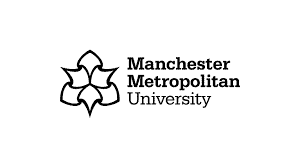
Manchester Metropolitan University
Typical courses: Animal Behaviour and Conservation / Psychology / Music and Sound Design

Newcastle University
Typical courses: Psychology and Mathematics Joint Honours / History / International Business Management with Placement

University of Portsmouth
Typical courses: Criminology and Forensic Studies / Geography / Interior Architecture and Design

The University of Manchester
Typical courses: Film Studies and History / Politics and International Relations
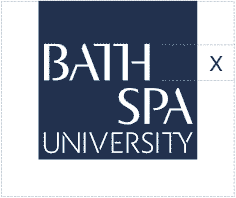
Bath Spa University
Typical courses: Business and Management (Fashion) / Photography (Professional Placement Year)

University of Leeds
Typical courses: Arts and Humanities with Foundation Year / Economics and Mathematics / International Business and Finance / Zoology
Careers
History is excellent preparation for a large variety of degree courses, including History, Law, English, and Politics. A very wide range of career options are open to history students including Journalism and the Media, Publishing, the Civil Service, Local Government, Education, Business (manufacturing, retailing and other services), the Armed Forces and many other opportunities. Studying History broadens the mind and gives you valuable research, communication and analytical skills which employers and universities really value.
FAQs
What extra support is there?
The department runs a ‘Past Paper Club’ offering additional support on essay writing and historical interpretation. Through ‘History Extra’ teachers give talks on relevant topics and bespoke skills clinics are run offering guidance on specific criteria. The department also runs peer support groups and a range of external speakers are organised each year.
Our Learning Resource Centres offer extensive online resources that you can use in college or at home. To find out more visit Online Subscription Resources for History
What trips do you do?
Trips include Hampton Court (Power and Belief) and residential trips to America (Oppression and Equality) and Germany (Dictators and Imperialists). We also run trips abroad, most recently to Munich.
What skills will I need and develop on this course?
A wide range of skills are developed during the study of history including processing and analysing information, evaluating evidence, research and investigation. You will learn to argue effectively and intelligently, while empathising with and understanding the context of the lives of people in the past. You also learn about how to find things out and how to evaluate and criticise arguments, interpretations and ideas.
What do our students say about learning History at Esher?
“Whereas History GCSE was a lot of passive learning and just absorbing information, here at Esher the lessons are more active, and we get to dive deeper into the subject in a more meaningful and inquisitive way. My teacher’s enthusiasm is infectious and has really helped me step up to the challenge of A Level. I also love the variety in my timetable, as I take STEM subjects (Mathematics and Further Mathematics) and essay subjects (Psychology and History), which has helped me to stay engaged and interested, with my week never feeling too repetitive.” Lila.
